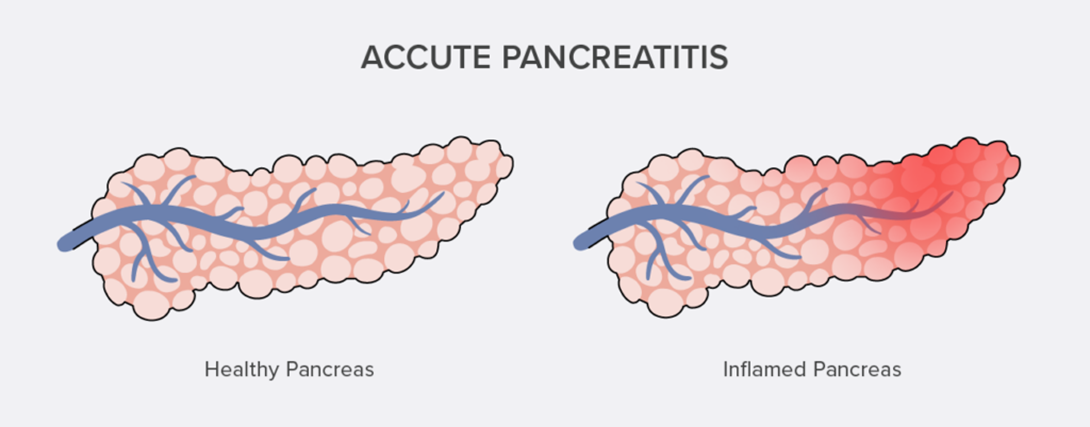A client with obstructive sleep apnea (OSA) calls the clinic to report difficulty wearing the continuous positive air pressure (CPAP) mask because it is uncomfortable. The client asks the nurse for an alternative way to manage sleep apnea. Which recommendation should the nurse provide?
Sleep with the head ofthe bed flat.
Take sedatives prior to sleep.
Begin a weight loss program.
Drink 1to 2 glasses of wine at bedtime.
The Correct Answer is C
Choice A reason: This is incorrect because sleeping with the head ofthe bed flat can worsen OSA by allowing gravity to pull down on the soft tissues ofthe throat and obstructing airflow.
Choice B reason: This is incorrect because taking sedatives prior to sleep can also worsen OSA by relaxing the muscles ofthe upper airway and increasing airway collapse.
Choice C reason: This is correct because beginning a weight loss program can help reduce OSA by decreasing fat deposits around the neck and chest that can compress and narrow the airway.
Choice D reason: This is incorrect because drinking 1to 2 glasses of wine at bedtime can have similar effects as sedatives, such as relaxing the muscles ofthe upper airway and impairing the respiratory drive.
Nursing Test Bank
Naxlex Comprehensive Predictor Exams
Related Questions
Correct Answer is {"dropdown-group-1":"A","dropdown-group-2":"C","dropdown-group-3":"D","dropdown-group-4":"A"}
Explanation
The client has inhaled smoke, which can cause respiratory problemssuch as airway obstruction, bronchospasm, and pulmonary edema. The client also has initial fluid shifts, which can lead to electrolyte imbalancesuch as hyponatremia, hyperkalemia, and metabolic acidosis.
Choice A: inhaled smoke - respiratory problems
This is a correct choice. Inhaled smoke can damage the respiratory system by causing inflammation, edema, and carbon monoxide poisoning.
Choice B: initial fluid shifts - electrolyte imbalance
This is a correct choice. Initial fluid shifts occur when fluid moves from the intravascular space to the interstitial space due to increased capillary permeability. This can result in electrolyte imbalance such as low sodium, high potassium, and low bicarbonate levels.
Choice C: increased cardiac output - high blood sodium levels
This is an incorrect choice. Increased cardiac output is not a condition that occurs in burn patients. High blood sodium levels are not a common finding in burn patients either. High blood sodium levels can occur due to dehydration or excessive sodium intake.
Choice D: decreased catecholamines - hypometabolism
This is an incorrect choice. Decreased catecholamines are not a finding in burn patients. Catecholamines are hormones that increase heart rate, blood pressure, and metabolism in response to stress. Burn patients have increased catecholamines due to pain and tissue injury. Hypometabolism is also not a condition that occurs in burn patients. Hypometabolism is a state of low metabolic rate that can occur due to starvation, hypothyroidism, or hypothermia. Burn patients have increased metabolism due to increased energy demands for wound healing and thermoregulation.
Correct Answer is B
Explanation
Choice A reason: This is incorrect because hepatorenal failure is a condition that involves both liver and kidney dysfunction, usually as a complication of cirrhosis or portal hypertension. The symptoms of hepatorenal failure may include jaundice, ascites, edema, oliguria, or encephalopathy. However, these are not consistent with the client's presentation of fever, abdominal pain, vomiting, and elevated amylase and lipase levels.
Choice B reason: This is correct because acute pancreatitis is an inflammation of the pancreas that can be caused by gallstones, alcohol abuse, trauma, infection, or drugs. The symptoms of acute pancreatitis may include fever, upper abdominal pain that radiates to the back, nausea, vomiting, and elevated amylase and lipase levels. These are consistent with the client's presentation and suggest that the cholecystectomy may have triggered an attack of acute pancreatitis.

Choice C reason: This is incorrect because surgical site infection is an infection that occurs at or near the incision site after surgery. The symptoms of surgical site infection may include redness, swelling, warmth, pus drainage, or pain at the wound site. However, these are not consistent with the client's presentation of fever, abdominal pain radiating to the back, vomiting, and elevated amylase and lipase levels.
Choice D reason: This is incorrect because biliary duct obstruction is a blockage of the bile ducts that carry bile from the liver and gallbladder to the intestine. The causes of biliary duct obstruction may include gallstones, tumors, inflammation, or scarring. The symptoms of biliary duct obstruction may include jaundice, dark urine, pale stools, itching, or abdominal pain. However, these are not consistent with the client's presentation of fever, abdominal pain radiating to the back, vomiting, and elevated amylase and lipase levels.
Whether you are a student looking to ace your exams or a practicing nurse seeking to enhance your expertise , our nursing education contents will empower you with the confidence and competence to make a difference in the lives of patients and become a respected leader in the healthcare field.
Visit Naxlex, invest in your future and unlock endless possibilities with our unparalleled nursing education contents today
Report Wrong Answer on the Current Question
Do you disagree with the answer? If yes, what is your expected answer? Explain.
Kindly be descriptive with the issue you are facing.
